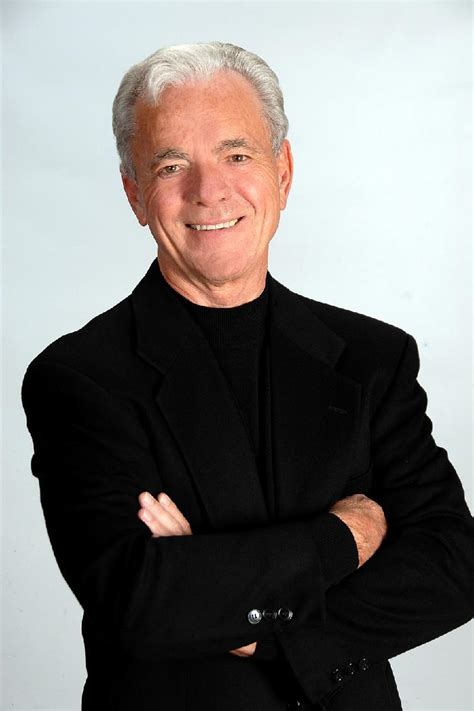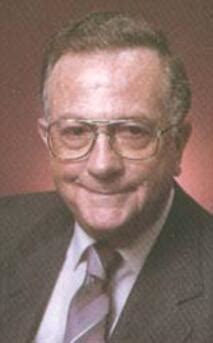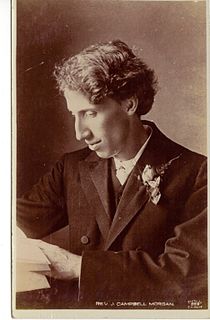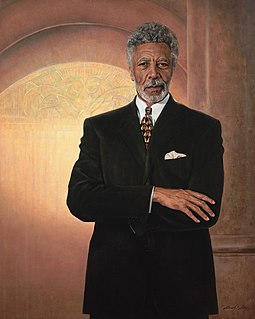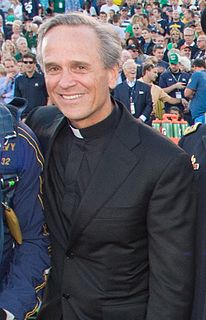A Quote by Ravi Zacharias
I have little doubt that the single greatest obstacle to the impact of the gospel has not been its inability to provide answers, but the failure on our part to live it out.
Related Quotes
The problems of a retired schoolteacher in Duluth are OUR problems. That the future of the child in Buffalo is OUR future. That the struggle of a disabled man in Boston to survive and live decently is OUR struggle. That The hunger of a woman in Little Rock is OUR hunger. That the failure anywhere to provide what reasonably we might to avoid pain is OUR failure.
The psychologists are valiantly trying to provide us with answers, the religious people are trying to provide us with answers. I think it properly falls on the cultural workers to investigate this predicament with a little less concern for the marketplace and a little more concern for their higher calling.
The greatest obstacle to the welfare state is not greed but private charity that makes the welfare state irrelevant; the greatest obstacle to re-education of children in the name of the collective is allegiance to a higher power. More than that, the greatest obstacle to the state as god is an actual God above the state.
Many years ago I was driven to the conclusion that the two major causes of most emotional problems among evangelical Christians are these: the failure to understand, receive, and live into God's unconditional grace and forgiveness; and the failure to give out that unconditional love, forgiveness, and grace to other peopleWe read, we hear, we believe a good theology of grace. But that's not the way we live. The good news of the Gospel of grace has not penetrated the level of our emotions.
Detroit's financial challenges - the decline of the American auto industry, the impact of the global economic recession, declining population, and an erosion of the municipal tax base - are key to understanding what led this great city to an inability to provide basic city services or to carry out the normal functions of a municipality.
Faith in the gospel restructures our motivations, our self-understanding, our identity, and our view of the world. Behavioral compliance to rules without heart-change will be superficial and fleeting… We can only change permanently as we take the gospel more deeply into our understanding and into our hearts. We must feed on the gospel, as it were, digesting it and making it part of ourselves. That is how we grow.
It is inaccurate to think the gospel is what saves non-Christians, and then Christians mature by trying hard to live according to biblical principles. It is more accurate to say that we are saved by believing the gospel, and then we are transformed in every part of our minds, hearts, and lives by believing the gospel more and more deeply as life goes on.
As Pope Francis says in Amoris laetitia, pastors must "make room for the consciences of the faithful, who very often respond as best they can to the Gospel amid their limitations, and are capable of carrying out their own discernment in complex situations. We have been called to form consciences, not to replace them" (no. 37). As for the former statement, we should only be afraid if the church is smaller because of our failure to welcome people and preach the Gospel in a way that touches their hearts.




